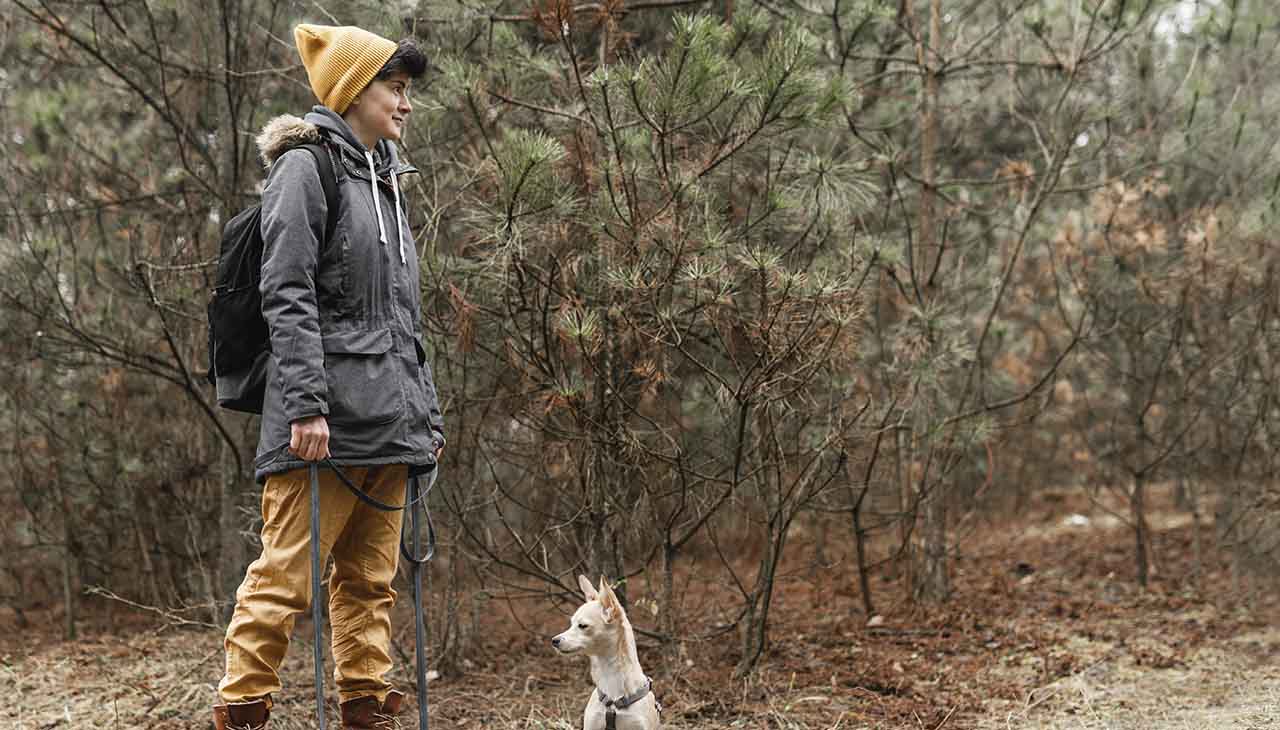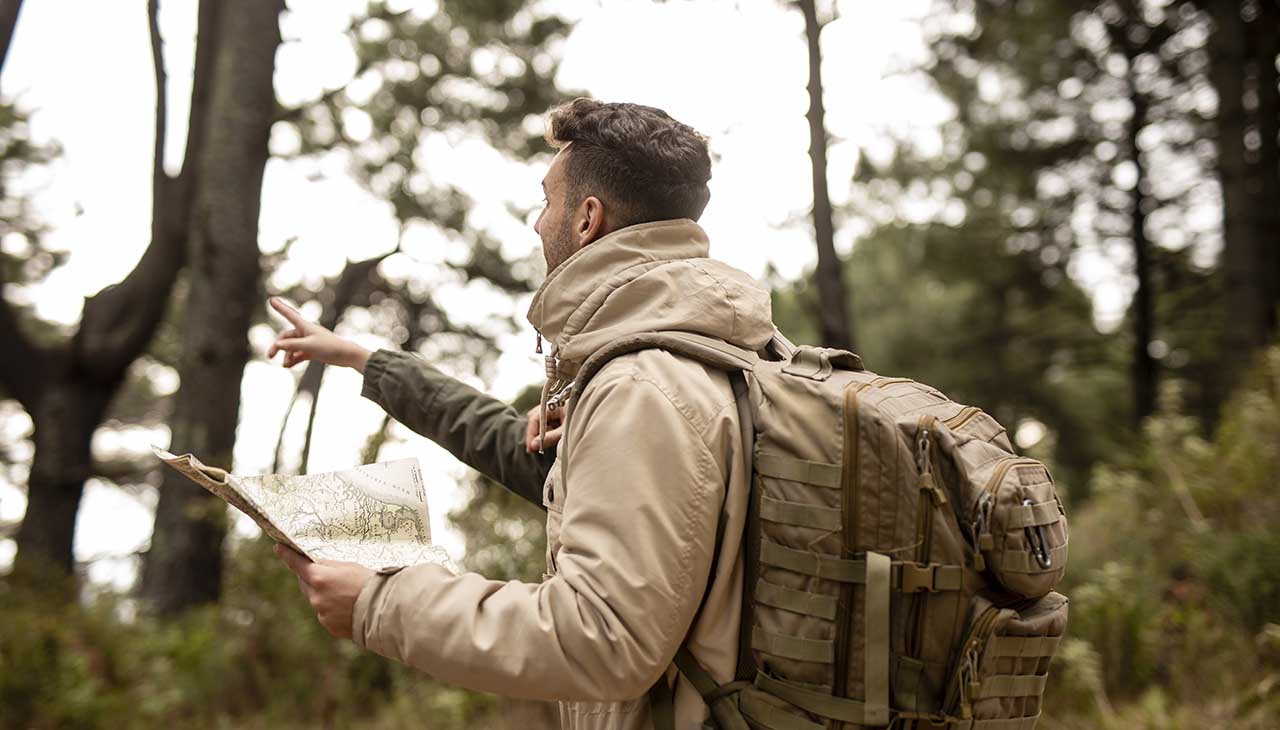In today’s world, where wildlife faces unprecedented threats from habitat loss, climate change, and illegal poaching, the role of hunters in conservation often gets overlooked. While hunting might seem contradictory to the principles of conservation at first glance, it actually plays a significant role in wildlife preservation. This blog seeks to reveal the intricate relationship between hunting and conservation, offering insights into how ethical hunting practices contribute to a healthier ecosystem.
Eco-tourists and wildlife enthusiasts, get ready to explore an often misunderstood aspect of wildlife management. By the end of this post, you’ll have a deeper understanding of how regulated hunting supports conservation efforts and why it deserves a balanced appreciation.
The Historical Bond Between Hunting and Conservation
The relationship between hunting and conservation dates back centuries. Early communities relied on hunting for survival, adhering to practices that ensured sustainable population levels of various species. This historical bond between hunting and the environment provided a foundation for modern conservation efforts, demonstrating that responsible hunting could coexist with wildlife preservation.
In contemporary times, regulated hunting has evolved into a tool for wildlife management. The goal is not just to preserve species but also to maintain balanced ecosystems. By regulating hunting seasons and quotas, authorities ensure that hunting activities do not threaten wildlife populations, allowing ecosystems to thrive.
Controlling Wildlife Populations for a Balanced Ecosystem
Did you know that regulated hunting helps control wildlife populations? Overpopulation of certain species can lead to overgrazing, which depletes natural resources and negatively affects other wildlife. For instance, an overabundance of deer can lead to the destruction of vegetation, impacting smaller species that rely on these plants for food and shelter.
Hunting helps manage these populations, keeping them at sustainable levels. When species like deer are controlled through regulated hunting, it prevents the overconsumption of vegetation, promoting a balanced ecosystem. This balance is crucial for maintaining biodiversity, which in turn supports a healthier environment.
Financial Contributions to Conservation Efforts
One often overlooked aspect of hunting is its financial contribution to conservation. Hunters pay for licenses, permits, and fees, which directly fund conservation initiatives. These funds are used for various purposes, including habitat restoration, research, and the enforcement of wildlife protection laws.
For example, in the United States, the Pittman-Robertson Act imposes an excise tax on firearms, ammunition, and archery equipment, generating millions of dollars annually for state wildlife agencies. This funding is crucial for maintaining natural habitats and ensuring the survival of various species.
Ethical Hunting Practices and Animal Welfare
Ethical hunting practices prioritize animal welfare and environmental sustainability. Ethical hunters follow strict guidelines that ensure minimal suffering for the animals. This includes using the most humane methods possible and respecting hunting seasons to avoid disrupting breeding cycles.
Organizations such as the Boone and Crockett Club promote fair chase principles, which emphasize respect for wildlife and the environment. By adhering to these ethical standards, hunters contribute to the well-being of wildlife populations and help maintain the integrity of natural habitats.
The Future of Conservation and Hunting
The future of conservation and hunting is evolving, presenting both challenges and opportunities. The impact of climate change, habitat loss, and illegal poaching continues to threaten wildlife. However, the integration of modern technology and data-driven approaches offers new ways to enhance conservation efforts.
For example, GPS tracking and drone technology are being used to monitor wildlife populations and enforce anti-poaching laws. These innovations, combined with ethical hunting practices, provide a comprehensive approach to wildlife preservation.
Conclusion
In conclusion, the relationship between hunting and conservation is multifaceted and often misunderstood. Regulated hunting plays a crucial role in wildlife management, population control, and funding for conservation efforts. Ethical hunting practices ensure the welfare of animals and the environment, contributing to a balanced ecosystem.
Hunters and conservationists share a common goal—preserving wildlife for future generations. By understanding and appreciating the positive impact of hunting on conservation, we can work together to protect our planet’s valuable natural resources.
Final Thoughts
Thank you for joining us in exploring the intricate relationship between hunting and conservation. We encourage you to share your thoughts, engage in local conservation efforts, and consider eco-tourism experiences that promote sustainable wildlife management. Together, we can make a difference in preserving our natural heritage.


